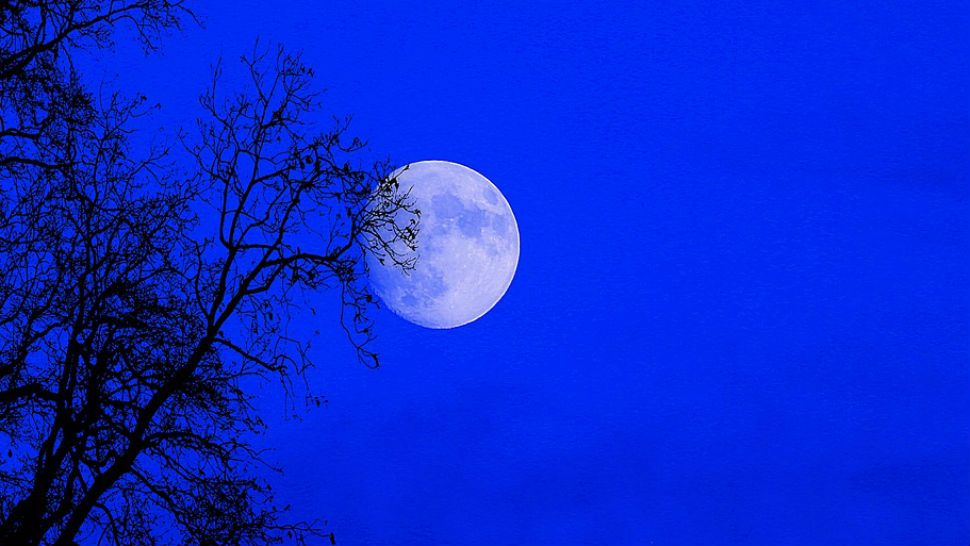Let’s talk about a Black and Blue Moon, and no it’s not bruised.
The Moon has eight phases: New moon, Waxing Crescent, 1st Quarter (half moon phase), Waxing Gibbous, Full Moon Phase, Waning Gibbous, 3rd Quarter (half moon phase), and Waning Crescent.
It takes about a month to complete all the phases, and there are three months in every season. So, we would generally expect three full moons each season.
Every once in a while, there will be four full moons in a season. When this happens, the third full moon is called a Blue Moon.
Rarely, there will be two full moons in a calendar month. The second full moon is also called a Blue Moon. This will actually happen on Halloween this year...perfect timing for the ghosts and goblins.
Instead of having four full moons in a season, having four, new moons in a season gets you a Black Moon. Just like the Blue Moon criteria, the 3rd new moon of the four is officially called the Black moon.
Also, the 2nd new moon in a calendar month is called Black Moon. It isn’t visible since we can’t see the new moon phase (unless it’s a solar eclipse when it could look red or orange).
The next seasonal Black Moon is August 18, 2020.



